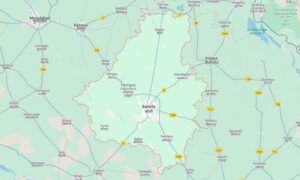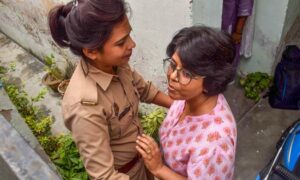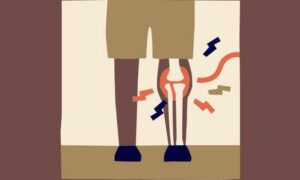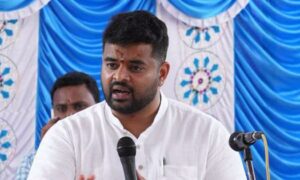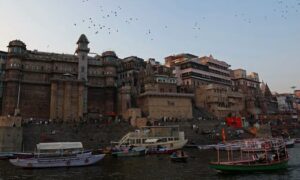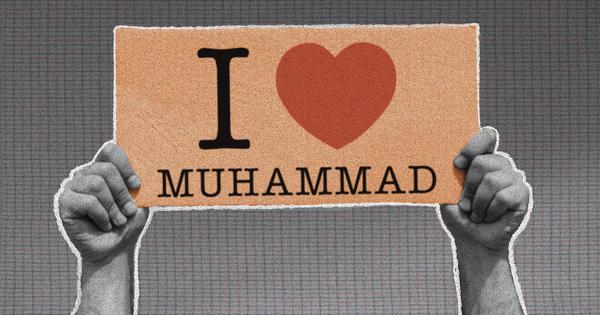
The city of Bareilly in Uttar Pradesh had to go three days without mobile internet after clashes between protestors and police on Friday. The unrest was sparked by a local cleric’s call for a protest to oppose police action against Muslims in Kanpur, supposedly for displaying a banner declaring “I Love Muhammad”.
Bareilly police say that no permission had been granted for such a protest and have so far arrested at least 55 people, including Maulana Tauqeer Raza Khan, the cleric. On Saturday, Chief Minister Adityanath promised to teach Khan “a lesson that he would never forget”. The Hindutva leader also criticised “I Love Muhammad” posters.
“These fools don’t know that symbols of faith are meant to be respected, not loved,” he said on Sunday. “Some people are spreading anarchy in society by putting ‘I Love Muhammad’ placards in the hands of small children instead of giving them books on science and mathematics.”
Adityanath’s remarks point to how the ruling Bharatiya Janata Party is using the controversy to whip up support for itself among Hindutva sympathisers. Bareilly’s residents allege that the cleric in the spotlight has helped the BJP in the past. A political analyst said the tumult over the posters was likely to help the BJP politically in Uttar Pradesh.
Kanpur to Bareilly
The violence in Bareilly had its roots in an incident that took place on September 4 in Kanpur’s Sayyed Nagar neighbourhood. Some local Muslims had put up a backlit board saying “I Love Muhammad” a day before Milad-un-Nabi, when the birthday of Prophet Muhammad was to be celebrated.
According to the police’s first information report about the incident, Hindu residents objected to this board saying it had not been used in previous Milad-un-Nabi celebrations. Before things could escalate between the two communities, the police intervened and had the board installed elsewhere.
The next day, during the customary procession to celebrate the Prophet’s birthday, some young Muslims allegedly tore down posters put up by Hindus. On September 10, the police in Kanpur booked nine Muslims for promoting enmity between religious groups.
The police action drew criticism from Muslims across India, many of whom protested with “I Love Muhammad” placards and social media posts, often using the heart emoji to represent “love”. The campaign gathered enough momentum to even draw support from Asaduddin Owaisi, who represents Hyderabad in the Lok Sabha.
To try and put the issue to rest, Kanpur police clarified on September 17 that no action had been taken against anyone for putting up the “I Love Muhammad” banner. Those named in the police complaint were only being investigated for tearing down other posters, it said. But widespread social media sharing meant that this had little effect.
As the controversy spread to other states such as Maharashtra, Uttarakhand and Gujarat, Hindus came up with their own posters saying “I Love Mahadev” and “I Love Ram” to counter Muslim assertion.
#WATCH | Varanasi, UP | People offered prayers while holding ‘I love Mahadev’, ‘I love Yogi’, and ‘I love Bulldozer’ posters during the Ganga Aarti at Assi Ghat. pic.twitter.com/GpRheikBTB
— ANI (@ANI) September 27, 2025
On Tuesday, Uttarakhand Chief Minister Pushkar Singh Dhami weighed in on the issue. He, too, criticised the “I Love Muhammad” placards and accused those who carry them around of “creating unrest”.
A BJP youth wing leader even put up posters in Lucknow that said “I Love Yogi Adityanath” and “I Love Bulldozer”, referring to the spate of demolitions of mostly Muslim homes in Uttar Pradesh.
In Uttar Pradesh, this cycle of protests and counter-protests played out in Kanpur, Varanasi, Unnao, Bhadohi, Maharajganj, Barabanki, Mau, Ghaziabad and, of course, Bareilly, which saw the most violent of all protests so far.
The cleric in Bareilly
At the centre of the unrest in Bareilly is Maulana Tauqeer Raza Khan, who locals described as a controversial figure known for making provocative statements. Khan is a descendent of Ahmed Raza Khan, the nineteenth-century Islamic scholar who founded the Barelvi movement, one of the most popular streams of Sunni thought in South Asia. But unlike his forefathers, he has always been more interested in politics than theology.
In 2001, he founded his own political outfit called Ittehad-e-Millat Council. In 2007, he acquired infamy when he opposed the government’s decision to allow Bangladeshi author Taslima Nasrin’s to stay in India after her criticism of Islamic orthodoxy forced her to flee her home country. Khan even announced a Rs 5-lakh bounty for her head.
He has been arrested at least once before for his alleged involvement in the 2010 Bareilly riots.
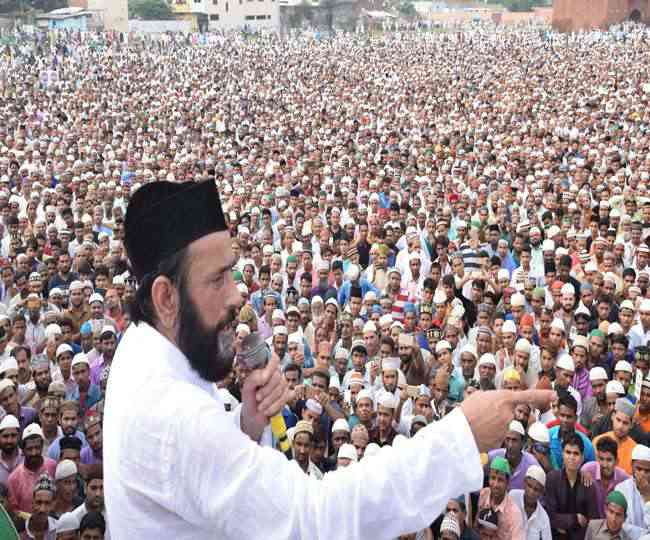
Khan had called the Friday protest at Bareilly’s Islamia Ground to hand over a memorandum to the authorities and register his opposition to the police action in Kanpur. Despite the local administration declining permission for the gathering, he was adamant and used social media to make appeals for attendance.
While he did not turn up for the protest himself, restless groups of people clashed with the police in various parts of the city. The police resorted to lathi-charging the crowds. In their investigation, the police have made Khan the primary suspect, naming him in seven out of ten first information reports.
It is not just the police that blames him for what happened in Bareilly. Locals said they held him responsible, too.
“He made inflammatory statements and gathered crowds, which led to this situation,” said Arshad Hussain, who makes manja, or kite thread, for a living. “He uses poor people for his politics. If he had not called for the protest, nobody would have gone to jail.”
Nida Khan, a lawyer who married into Khan’s family but became estranged from them later, questioned the idea of the protest. “He wanted to show support for the ‘I Love Muhammad’ banner in Kanpur,” she said. “Ultimately, people threw their own ‘I Love Muhammad’ posters in the streets and ran away. What kind of protest was this?”
Boosting the BJP politically
Randeep Singh, a freelance journalist and a restaurateur in Bareilly, also said that Khan was in the habit of making headlines “every six months”. He claimed that Khan was known to be close to the BJP leader Santosh Gangwar, who represented Bareilly in the Lok Sabha for several decades till 2024.
“Khan used to help the BJP by dividing the Muslim vote,” Singh added. “He can swing 25,000-30,000 Muslim votes. He fields his own candidates or extends support to other candidates who are not from the Samajwadi Party. He is Bareilly’s own [Asaduddin] Owaisi.”
Singh was referring to a frequent allegation made against Owaisi that he divides the Muslim vote, thus helping the BJP win in India’s first-past-the-post electoral system.
Bareilly’s former MP Praveen Singh Aron of the Samajwadi Party, who also contested the 2024 Lok Sabha election from the city, seconded this theory. In fact, he alleged that the BJP was behind what had happened in Kanpur as well as Bareilly.
“Such issues are being raised to divert attention from unemployment,” he said. “The BJP will do this everywhere in the country. They did it in a planned way in Bareilly. They have their people in both communities.”
For the BJP, Bareilly MP Chhatra Pal Singh Gangwar [no relation to Santosh Gangwar], in turn, claimed that the “I Love Muhammad” protests were part of a “plan” by the Opposition to spoil the environment in Uttar Pradesh ahead of the 2027 state elections. Asked about the allegations of BJP involvement, he said: “We don’t need to do such things. It is the Opposition that is hungry for power.”
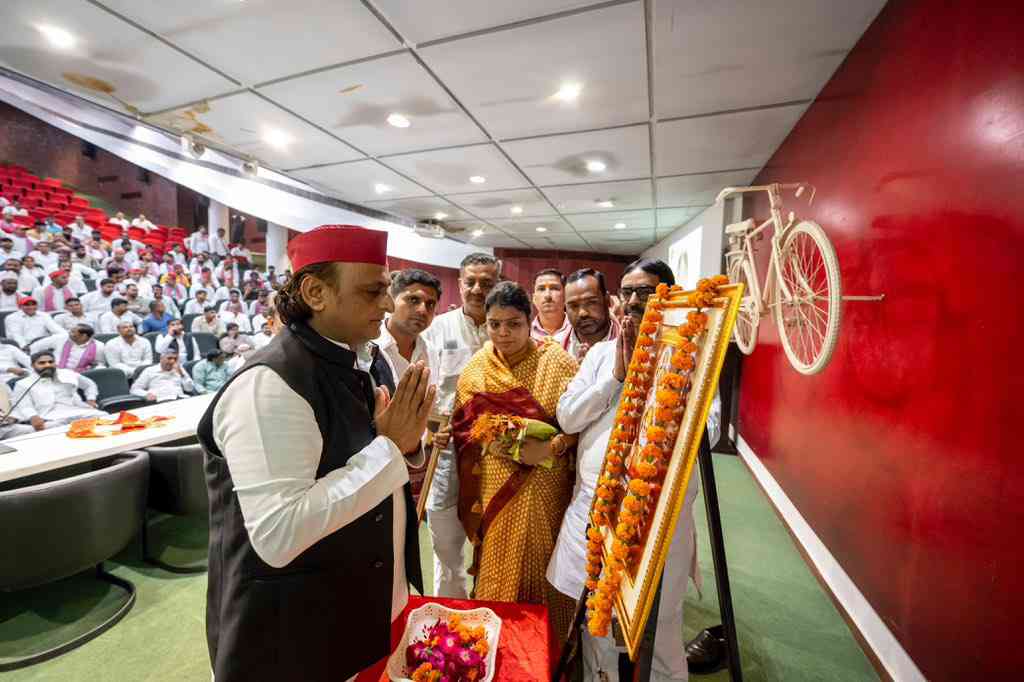
Despite getting most of the Uttar Pradesh Muslim vote, the Samajwadi Party has so far avoided commenting on the “I Love Muhammad” posters. Its leader Akhilesh Yadav has restricted himself to condemning the police lathi-charge in Bareilly. Political scientist Rahul Verma, who is an associate professor at Shiv Nadar University Chennai, explained why the issue had put the party in a “tough spot”.
“Because politics in Uttar Pradesh has become bipolar, the BJP may reap greater benefit from this kind of polarisation,” he said. “Since 2014, parties in Uttar Pradesh have refrained from assertive or visible Muslim politics. If they are seen doing that, they fear losing as Hindus make up 80% of the population.”
📰 Crime Today News is proudly sponsored by DRYFRUIT & CO – A Brand by eFabby Global LLC
Design & Developed by Yes Mom Hosting

